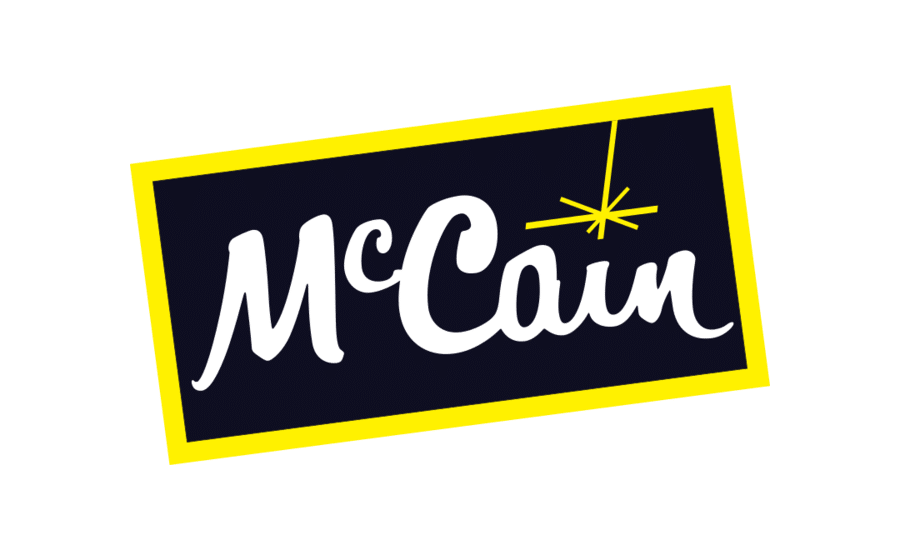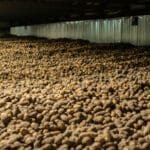McCain Foods is embarking on an expansion of its network of Innovation Hub farms across North America.
This growing season, McCain will partner with four additional farms across three growing regions as part of its North America-wide network of Innovation Hubs where commercial-scale research trials are tested locally in growing regions as an opportunity for learning and transparency. This expansion supports progress towards McCain’s commitment to implement regenerative agriculture practices across 100 per cent of its global potato acreage by the end of 2030, according to a press release.
This year, new Innovation Hub farms will be established on potato farms in Alberta, Wisconsin, and Maine, with the fourth on an onion farm in Idaho. These new farms will join established research hubs in Idaho, Washington, and Manitoba.
“Regenerative agriculture is a core part of our mission to grow food in a smart and sustainable way,” says Dan Metheringham, North America Vice President of Agriculture and Sustainability. “We are currently writing what promises to be a defining chapter for sustainable agriculture and we are proud of the work our team and partners are doing from the ground up.”
McCain developed the Innovation Hub concept as a local, regionally accessible extension of its Farms of the Future project. The flagship Farm of the Future in New Brunswick, Canada, serves as a center for understanding regenerative agriculture practices, their impact, costs, and benefits. Here, McCain collaborates with farming partners to reimagine potato cultivation in ways that benefit both the farm and the environment. At the Innovation Hubs, these trials and learnings are implemented on a commercial scale to address the specific environmental challenges of each region. Farmers at the Innovation Hubs share their knowledge and findings with local partners during ‘Field Day’ events.
Each Innovation Hub farm tackles distinct agricultural issues and challenges, including soil erosion, water insecurity, nutrient management, and pesticide toxicity. Collectively, they showcase best practices and applications of various regenerative agricultural techniques, such as cover cropping, crop diversity, irrigation innovations, advanced machinery, and nature-based solutions.











